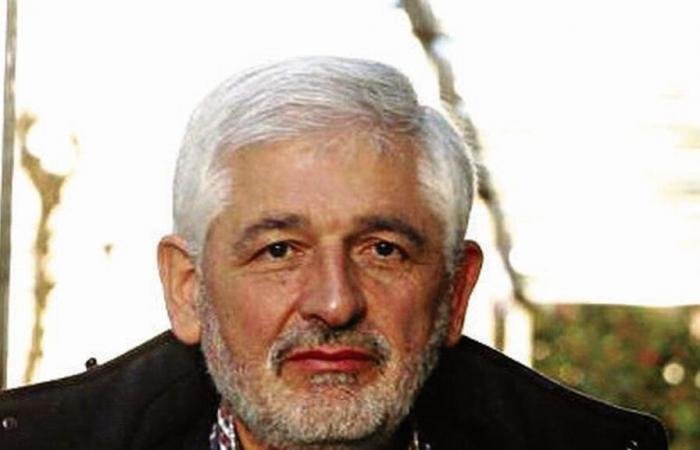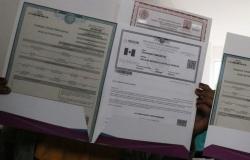A friend, a socialist staunch, says that he will never change the jacket and that he will vote for the socialists, even if they lead a donkey with two large ears. Another friend, PP sympathizer, was angry all when he hesitated him with the leaders of his party. People follow a match as if it were a football team, being theirs absolutely good and the rest. This also happens with foreign leaders. Milei and Trump must be absolute incarnations of evil, as the media show us. Nor do we understand how someone can be so stupid as to vote. And let’s not talk about Putin, that psychopathic dictator who says he pools all opponents.
Interestingly, Trump’s staunch supporters are also from Milei, without, in his vast majority, they know how to explain very well how you can simultaneously defend Milei’s freeambism and Trump’s protectionism. Their detractors qualify them as “fascists” when both say that “the State is the problem”; Meanwhile Mussolini held the motto “everything within the State, nothing outside the State, nothing against the State” how defining its movement. Faced with this viscerality, there are also people, perhaps the least, who try to see the positive and negative things of each. Thus, someone can agree with Trump in his “Anti Woke” policies and disagree in his support for Israel against the Palestinians; It can value that it is the only American president who did not get wars and not agree with the commercial war that has just begun. And finally, there are those who try to understand them. Not long ago, Daniel Lacalle said in X that to understand the current tariff war we had to read a book by Donald Trump himself, published in 1987, which is entitled “The art of negotiation.” In it, Trump begins by telling us his origins, as the son of a housing builder for lower classes in Brooklyn and a housewife, Scottish birth; His passage to the University of Wharton, his philosophy of life, as well as the way he negotiated and executed the main real estate projects that would have to make it rich and famous. From his father, he assures, the obsession with the control of costs and times comes to him, and from his mother the taste for the flat, luxury and magnificence of British royalty. Also as he decided to build for the rich, since it was where greater commercial margins could be obtained, which would allow him to become rich as well. From his passage through Wharton, he affirms that the most important thing he learned was not to be impressed by academic credentials, including those of the consultants, whom he considers absolutely superfluous, since, as academics, they only write to impress each other. Trump does not play, which does not prevent him from being the owner of Casinos; nor drinks, which, according to him, gives him the advantage in the negotiations. Because for him, the fundamental thing about business is a good negotiation: buying cheap to have room, since it can always be negotiated from a position of force. However, try to keep your options open, always leaving an alternative exit in the event that things twist. He also states that he never bothers to be cordial with his enemies and recognizes that, or falls very well, or very bad. Anyway, think it is important that they talk about one, even if it is bad. Finally, he affirms that in his life he discovered that he was very good in two things: to overcome obstacles and motivate people to do their things better. If we listen to Sun Tzu when he said “if you know your enemy and you know yourself, you should not fear the result of a hundred battles,” maybe those who declare themselves enemies of Donald Trump should start by reading it to meet him.






